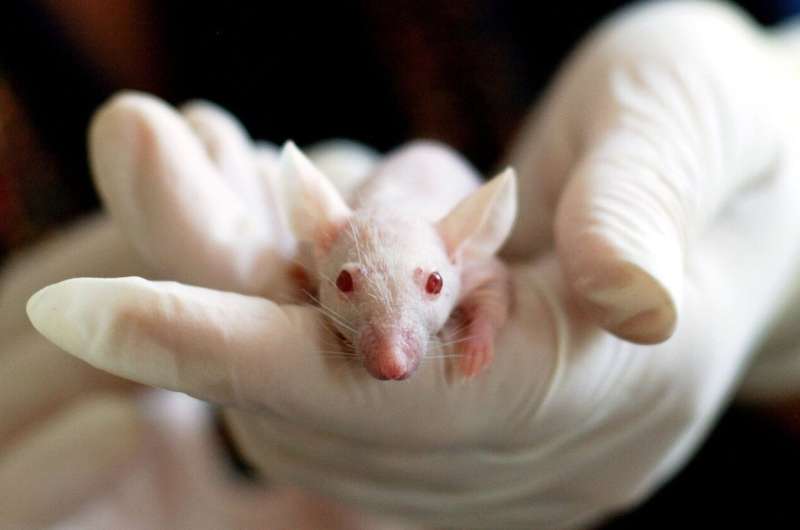Animal research: It's time to be more open

Veterinarians and technicians who care for animals used in medical and veterinary research overwhelmingly believe scientific institutions should be more open about their use of animals. A survey of more than 150 people working in animal care has found that 87 percent believe research institutions in Australia and New Zealand should be more open about their research involving animals.
The survey also found strong support for a public pledge committing Australian and New Zealand institutions to greater openness.
Speaking at this week's conference of the Australian and New Zealand Laboratory Animal Association (ANZLAA) in Perth, veterinarians Dr. Malcolm France and Dr. Jodi Salinsky said that 87 percent of respondents indicated they wanted research organizations to be more open and would support the development of an "openness agreement" similar to the UK's successful Concordat on Openness on Animal Research. The Concordat has seen over 120 of the UK's top scientific bodies implement initiatives to give the public a better idea of what actually happens in an animal research setting. Similar agreements are now in place in Spain and Portugal, with Belgium and Switzerland likely to have agreements in place by the end of 2019.
"Although several other countries have their own version based on the UK model or are actively working on it, we are lagging well behind in Australia and New Zealand," said Dr. France. "There are definitely some organizations that have been commendably proactive about openness in this part of the world, but most are still hesitant and there is nothing in place at a national level to encourage greater openness."
Drs France and Salinsky agreed that while animal research may be ethically contentious, the UK Concordat has seen some impressive efforts to present the public with better information to draw their own conclusions. Institutions signing up to the Concordat typically have a website giving details of the number and species of animals they use and then provide crucial context by explaining the goals of the research and how animals are cared for. Some have gone much further with initiatives like virtual tours of animal facilities or public open days.
The survey also found the respondents believed that the public don't realize how much is done to support the welfare of animals and that there is much false information that needs correcting.
Dr. France said "a sad consequence of the lack of openness is the negative impact it has on those who provide day-to-day care for the animals. Most animal technicians choose their vocation because they love animals. Even if they have mixed feelings about animal research, they are determined to see the animals receive the best possible care. Unfortunately, they are often reluctant to talk about their work because they fear a negative reaction based on public misunderstanding and outdated images in anti-vivisection campaign material."
Dr. Salinsky agreed adding that "Greater openness would help give well-earned recognition to these dedicated individuals, increase public understanding of animal research and highlight the effort made to ensure the welfare of the animals."
More information: UK's successful Concordat on Openness on Animal Research: concordatopenness.org.uk/
Provided by Australian and New Zealand Laboratory Animal Association



















